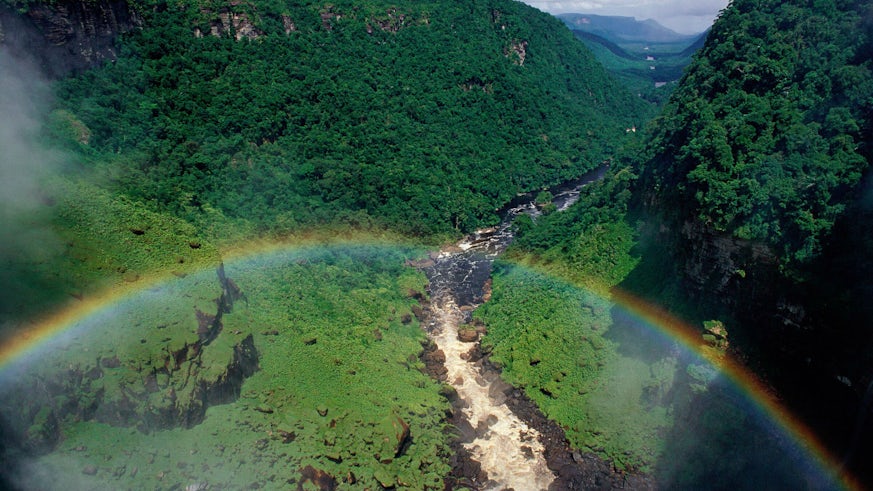Scientists produce emergency plan to halt decline in freshwater species and habitats
19 February 2020

A global team of scientists has developed the first Emergency Recovery Plan to reverse the rapid decline in the world’s freshwater species and habitats.
The six-point plan is outlined in a scientific paper, published today in BioScience, calling for urgent steps to tackle threats to biodiversity in rivers, lakes and wetlands.
A team of scientists from Cardiff University, WWF, International Union for Conservation of Nature and Conservation International devised the plan to restore freshwater habitats, which account for 1% of the Earth’s surface and are home to 10% of all species.
Cardiff University Professor of Ecology Steve Ormerod, a lifelong freshwater researcher who contributed to the report, said: “The world’s streams, rivers, ponds, lakes and wetlands are among the world’s more important for their species richness, but also the most heavily used and degraded by people; think of pollution, water supply, physical alteration and the impacts of climate change on water flow and temperature.
“As a result, often hidden beneath the water surface, freshwater ecosystems are haemorrhaging biodiversity faster than any other type of ecosystem. This is not just an intrinsic tragedy; it threatens our own life support because of the fundamental importance of all that water means to human life.”

The plan includes restoring more natural river flow, reducing pollution, protecting critical wetland habitats, ending overfishing and unsustainable sand mining in rivers and lakes, controlling invasive species, and safeguarding and restoring river connectivity through better planning of dams and other infrastructure.
The authors also recommend new targets, including restoring water flows, controlling illegal and unregulated sand mining in rivers, and improving management of freshwater fisheries that feed hundreds of millions of people.
Dave Tickner, WWF-UK chief freshwater advisor and lead author on the paper, said: “Nowhere is the biodiversity crisis more acute than in the world’s rivers, lakes and wetlands - with over a quarter of freshwater species now heading for extinction. The Emergency Recovery Plan can halt this decades-long decline and restore life to our dying freshwater ecosystems, which underpin all of our societies and economies.”
Professor Ormerod added: “We don’t have long left to turn things around, and we’re urging the UN and the world’s governments to act on this crucial six-point plant.”
Share this story
The School has an international reputation for its teaching and research, and offers some of the top research-led bioscience curricula in the UK.



